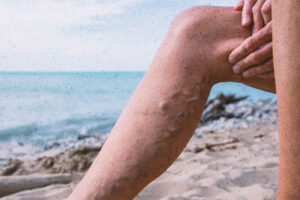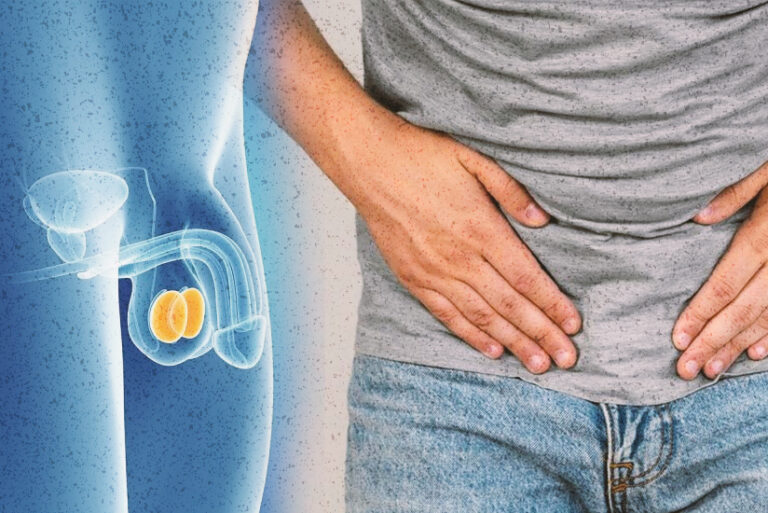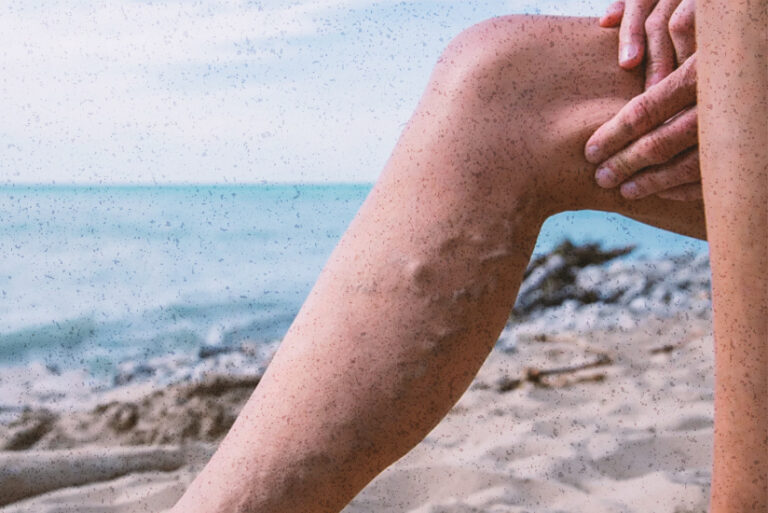Text and Photos by Leandrae T. Lapinig
Cholera, an infection that causes severe diarrhea and dehydration, is almost always fatal if left untreated. And it is common in the Philippines where clean water is oftentimes out of reach, especially during summer months.
In 2022, the Department of Health (DOH) said there was no cholera outbreak despite tallying a sharp increase of cases. That year, there was a 282% increase in the number of cholera cases nationwide.
The following year, it was a different story. The Philippines was among the 30 countries that reported cholera or acute water disease cases in 2023, as per data from the World Health Organization (WHO).
“Cholera has been surging globally since 2021,” the United Nations health agency said in a report released last March 20.
In 2022, 473,000 cases of cholera were reported to WHO. The figure was more than double those reported in 2021. Preliminary data for 2023 reveal further increases, with over 700,00 cases tallied.
“Several of the outbreaks have high case fatality rates, exceeding the 1% threshold used as an indicator for early and adequate treatment of cholera patients,” the WHO said.
The WHO described the trends as tragic “given that cholera is a preventable and treatable diseases” and that “cases had been declining in previous years.”
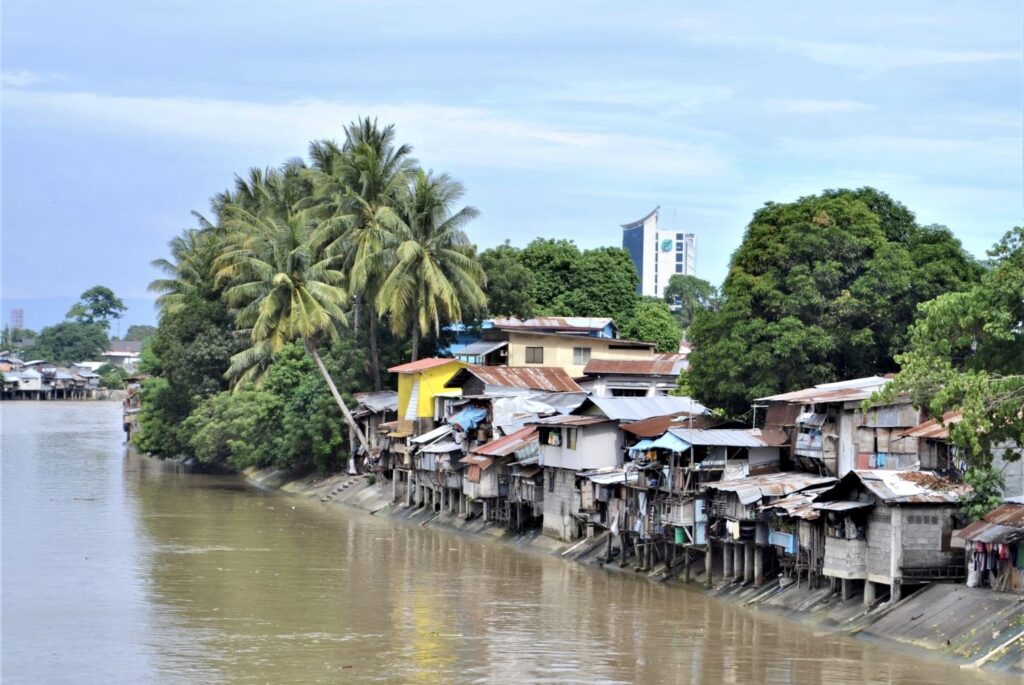
Causes
Cholera is an acute intestinal infection caused by ingestion of food or water contaminated with the bacterium Vibrio cholerae.
“Cholera causes a toxic protein to attach itself to cells that line the intestinal tract, resulting in a kind of diarrhea you wouldn’t believe. The fluid literally pours out! This tremendous loss of water and minerals lead to shock and collapse of the cardiovascular system. Therein lies the threat of life,” explains American physician and book author Isadore Rosenfeld.
Cholera is considered “a disease of poverty” as it affects mostly people with inadequate access to safe water and basic sanitation. “Cholera remains a global threat to public health and an indicator of inequity and lack of social development,” the UN health agency deplored.
Symptoms
Cholera is an extremely virulent disease. It can cause severe acute water diarrhea and the severe forms of the disease can kill within hours – if no treatment is given.
Most people infected with V. cholerae do not develop symptoms, although the bacteria are present in their feces for one to ten days after infection and are shed back into the environment, potentially infecting other people.
Among people who develop symptoms, the majority have mild or moderate symptoms. The WHO says it takes between 12 hours and 5 days for a person to show symptoms. “A minority of patients develop acute watery diarrhea with severe dehydration,” the WHO explains. “This can lead to death if left untreated.”
Cholera, health experts say, comes in three stages. The first, called evacuation stage, lasts from three to 12 hours, and is characterized by diarrhea (described as a rice-water stool), vomiting, abdominal cramps, cold, blush skin, and acute thirst.
Twenty-four hours later, the second stage commences in which the patient has low body temperature, purple and wrinkled skin, severe cramps, dark or absent urine, low blood pressure, and a weak pulse.
In the third stage, the condition may improve as cramps and diarrhea decrease. But a secondary infection like pneumonia (a bacterial infection of the lungs which may be caused by several bacteria, viruses, or fungi) may occur.
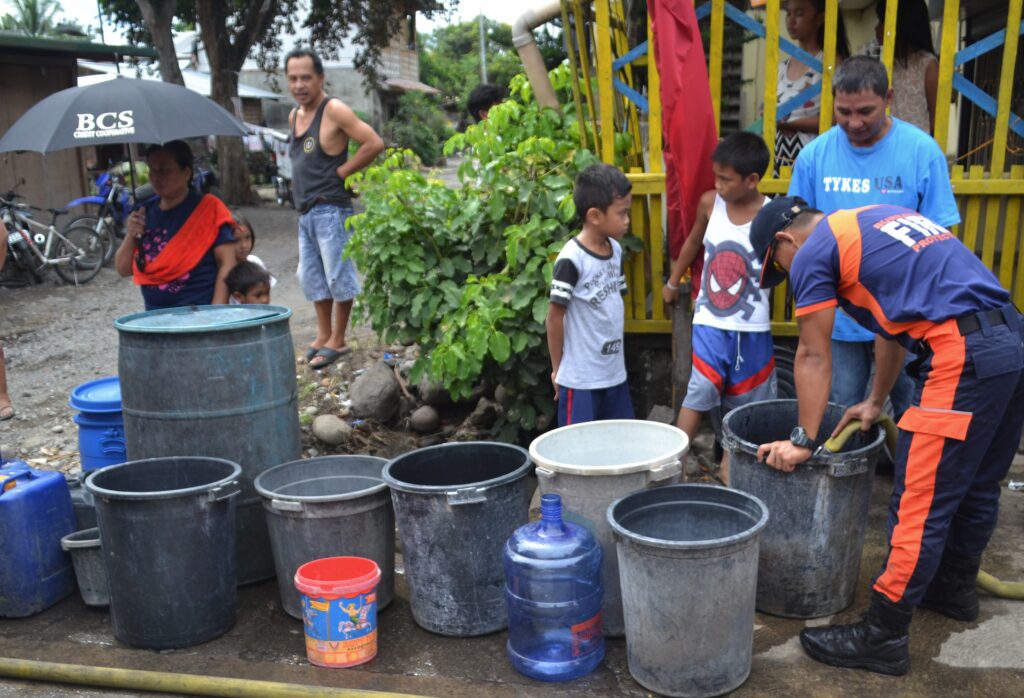
Children at risk
Most of those who are at risk are children, said the United Nations Children’s Fund (UNICEF). “Children who are living in urban slums and camps for internally displaced people or refugees are particularly vulnerable,” it points out. “That’s because the minimum requirements of clean water and sanitation are sometimes not met.”
The UNICEF says that between 2010 and 2021, almost all cholera cases – 97% – were reported from countries with the lowest levels of water and sanitation services.
Climate change also helps spread the disease. “Significant rainfall and flooding, which is becoming more frequent, results in an intensified water cycle,” the UNICEF says. “That in turn affects access to clean water in communities already vulnerable to these events.”
Consequently, families and their children often rely on unsafe water, which exposes them further to greater risk of contracting the water-borne disease.
Treatments
WHO Director-General Tedros Ghebreyesus said no one should die of cholera as it can be prevented with vaccines and access to safe water and sanitation. In severe cases, it can be treated easily with oral rehydration or antibiotics. “But the reality is that many people don’t have access to these simple interventions,” he admitted.
Currently, there are three WHO pre-qualified oral cholera vaccines: Dukoral, Shanchol, and Euvichol. All three vaccines require two doses for full protection. Dukoral is mainly used for travellers. Two doses of Shanchol and Euvichol provide protection against cholera for 3 years, while a single dose provides short-term protection.
The Merck Manual of Medical Information, however, claims cholera vaccines provide only partial protection; this is the reason why it isn’t generally recommended. “Prompt treatment with the antibiotic tetracycline can help prevent the disease in people sharing the same household as a person infected with cholera,” the manual suggests.
Rapid replacement of lost body fluids, salts, and minerals is central to treatment. For severely dehydrated people who can’t drink, fluid is given intravenously. In epidemics, people sometimes receive fluids via a tube inserted through the nose into the stomach.
“Once dehydration is corrected, the general goal of treatment is to replace the exact amount of fluid lost in bowel movements and vomit,” the Merck manual says. “Solid foods can be eaten after vomiting stops and the appetite returns.”
Early treatment with tetracycline kills the cholera-causing bacteria and usually stops the diarrhea in 48 hours.
Meanwhile, the International Coordinating Group (ICG) on Vaccine Provision said immediate action is needed to stem an unprecedented multi-year upsurge in cholera cases worldwide.
Actions include investing in access to safe water, sanitation and hygiene, testing and detecting outbreaks quickly, improving quality of and access to healthcare, and fast-tracking additional production of affordable oral cholera vaccine doses to better prevent cases. – ###



